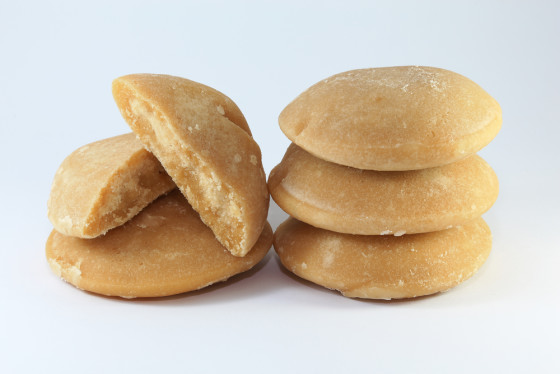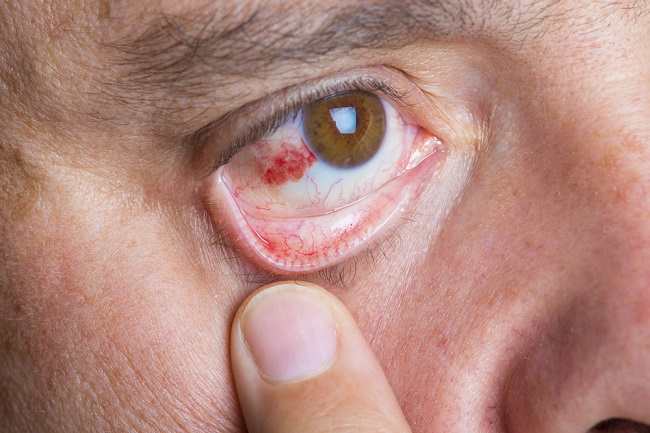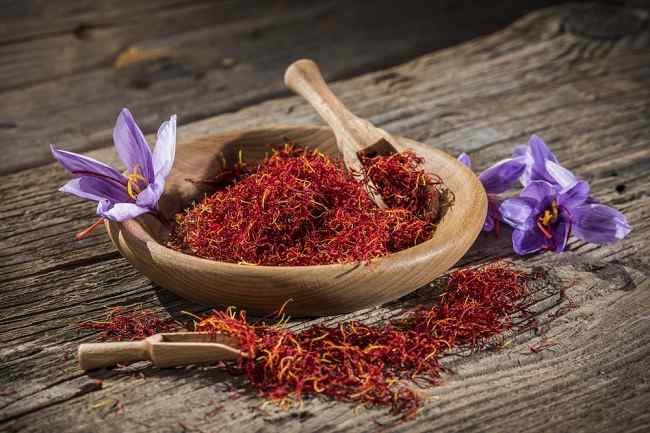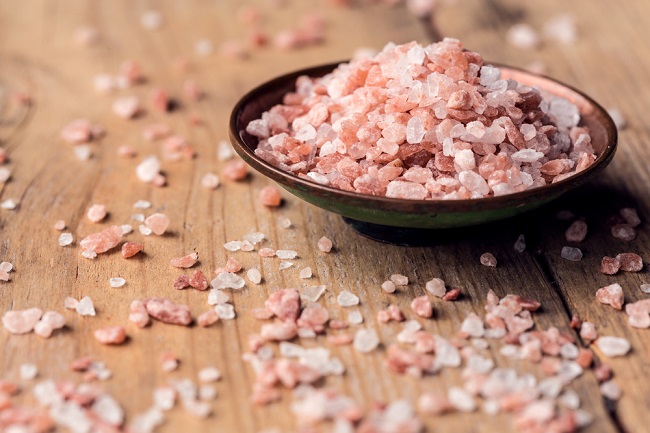Skin disease in children not only influenced by skin care products, but also by food intake. Therefore, let's try to check again what kind of food needs to be given by carefultoto the Little One.
The food consumed by children can determine the health of their skin, both from the type of food and its nutritional content. Certain types of food or nutritional deficiencies can cause skin disorders. However, sometimes parents do not realize that their child's skin condition is caused by food.

Skin Diseases Affected by Food Intake
There are several types of skin diseases in children that are influenced by food intake, including:
1. Food allergies
Itching and redness of the skin are the most common reactions of a food allergy. In addition to itching, food allergies can cause more dangerous reactions, such as shortness of breath, vomiting, and facial swelling.
A study states that there are at least eight types of food that are most at risk of causing allergic reactions in children, namely cow's milk, eggs, soy, wheat, fish, shellfish, peanuts, and peanuts. almonds.
To find out if your child has a food allergy, try giving each new food without mixing it with other foods, so you can detect which foods your little one might be allergic to.
2. Eczema (atopic ddermatitis)
In contrast to food allergies, eczema is a skin condition in children that has been present since birth and is usually inherited. The skin of children who have eczema tends to be dry, cracked, and easily red and itchy, without any allergies.
Even so, about 30% of children who have eczema also tend to have allergies to certain foods. In fact, food allergies can trigger or worsen eczema symptoms. So, children who have eczema will also be advised to avoid allergenic foods so that their eczema does not recur.
3. Diaper rash
Diaper rash is not only caused by unclean diaper conditions. Acidic foods are thought to make children's stools acidic as well. The nature of this acid can irritate the skin, so the skin around the anus becomes sore and red.
So, you should be careful when giving acidic foods, such as tomatoes, oranges, strawberries, pineapples, and these fruit-based foods or drinks, Bun. Also make sure to regularly change dirty diapers and clean the area around your baby's genitals and buttocks until they are completely dry.
4. Carotenemia
Carotenemia is a condition characterized by yellowish or orange-looking skin due to excessive levels of beta-carotene in the blood. This can occur when babies eat too many foods high in carotene, such as carrots, corn, potatoes, egg yolks, spinach, and pumpkin.
This condition is actually not a nuisance, but many parents are worried when they see their child's skin is yellow. To prevent and overcome it, avoid giving your child too many high-carotene foods and vary it with other types of food.
5. Thin and dry skin
A child's skin is thin and dry, characterized by scaly skin and is easily injured and bruised. The hair of children whose skin is like this is also thin and easily falls out. Usually, this condition is experienced by children who lack food intake or are malnourished.
6. Crazy pavement dermatoses
Crazy pavement dermatoses is also one of the skin disorders in children that occurs due to lack of protein intake or kwashiorkor. This disorder can be characterized by dry skin with flaky pink or brown patches.
To overcome skin diseases due to malnutrition, one of the effective ways that can be done is to meet the body's nutritional adequacy through a healthy and balanced diet.
Now you know, right, the types of skin diseases in children that are influenced by food intake? To make sure your little one's skin is healthy, you need to give him a variety of balanced nutritious foods. In addition, avoid giving the same food ingredient over and over again.
Although there are some foods that can trigger skin diseases, that does not mean these types of foods should not be given to children at all. Mothers need to avoid a type of food only if the Little One is proven to be allergic to that food ingredient.
If the improvement in diet still has no effect on the condition of your little one's skin, it is recommended that you check with a doctor. That way, the doctor can determine the cause of the skin disease experienced by the Little One and provide treatment.









